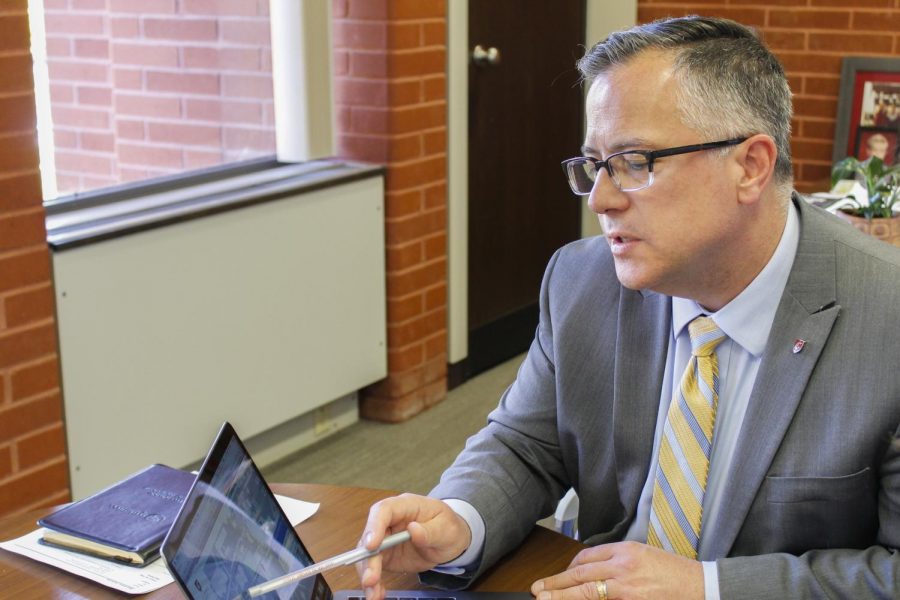Salary increase for WSU faculty, staff
Classified staff began receiving new wage in July, others to begin Jan. 1
EUGENE LEE | DAILY EVERGREEN FILE
WSU received $7 million from the state. Two million will be used to fund a 3 percent salary increase for classified staff. Five million will be used to fund a 1.5 increase for faculty, administrative professional staff and graduate students.
August 29, 2019
WSU faculty, administrative professional staff and graduate students will receive a 1.5 percent salary increase on Jan. 1, after Washington legislators approved the proposal on May 21 for this fiscal year.
Phil Weiler, vice president for marketing and communications, said universities across the state had a flat rate tuition increase, but it didn’t help cover all the costs of the salary increase at WSU.
The amount of money the university was able to use to increase the salaries from tuition was a challenge based on the enrollment because the state did not cover the full 3 percent, Weiler said.
Stacy Pearson, vice president for finance and administration, said the state usually determines that the university will receive $7 million.
The $2 million was used to fund the classified staff 3 percent increase. The remaining $5 million was used to fund the 1.5 percent increase for the faculty, administrative professional staff and graduate students, she said.
Weiler said the state legislature gave funds to the university to cover the 3 percent wage increase for the WSU classified staff.
Classified staff has the benefit to keep a set salary, regardless of location, he said.
Pearson said if the university had the ability to decide on funds, they would have been divided up, so all employees could have received a 2 percent salary increase.
Weiler said he agrees with the state legislature that employees should receive salary increases. However, in the past the funds were used from a savings account called reserve accounts.
“That’s what caused the university to have issues with its fiscal health over the last couple of years,” he said.
Weiler said it made more sense to not overextend the boundaries in a fiscal health perspective.
“Rather than us going through a deficit to do a full 3 percent each year,” he said, “we are going to be doing 1.5 percent.”
Student employees also receive different pay than the graduate-teaching positions, he said.
“If you are a graduate teaching fellow, that is a position that is paid for by the state, and they are the folks who saw a 1.5 percent increase that will start in January,” Weiler said.
Students who work in places like the CUB with a set minimum wage will not experience the same effect unless the minimum wage rises, he said.
Pearson said the salary increase began July 1 for classified staff, and will begin Jan. 1 for faculty, administrative professional staff and graduate students.
The effective dates are different for classified and non-classified staff to see how much money would be left over, Pearson said.
“If our tuition revenue is higher, if it is possible, we will be able to make a higher salary increase for the other groups in 2021,” she said.















